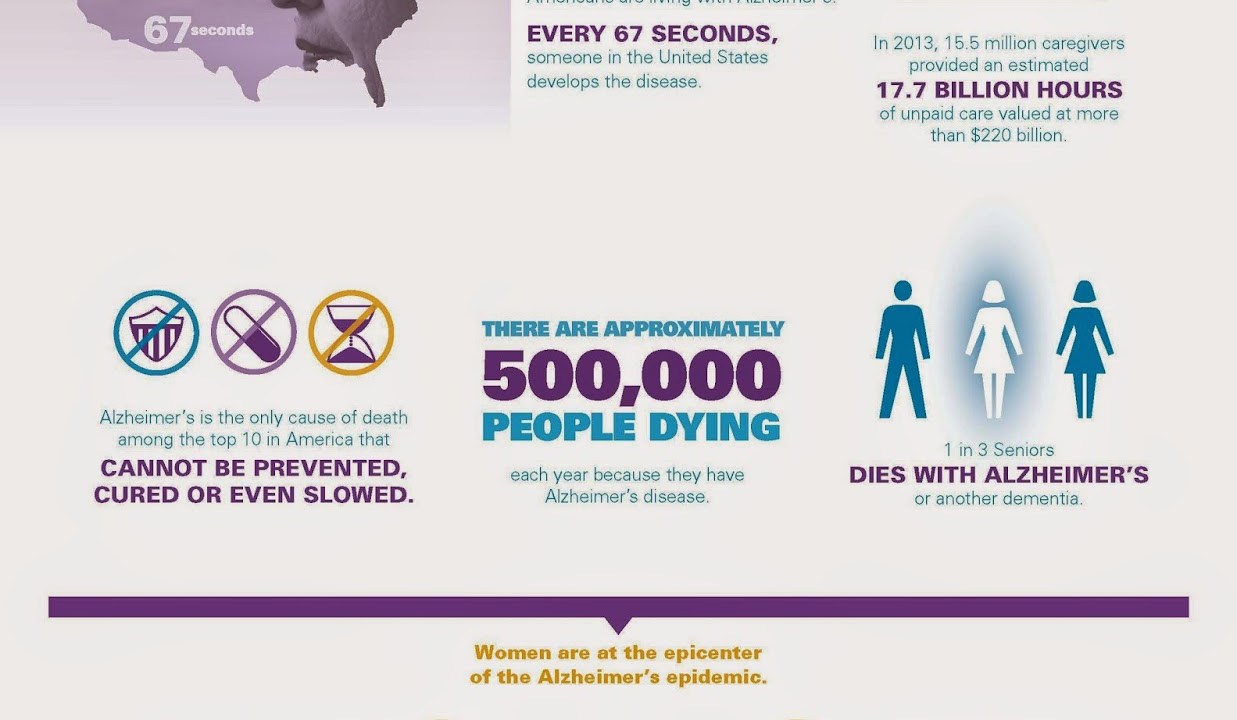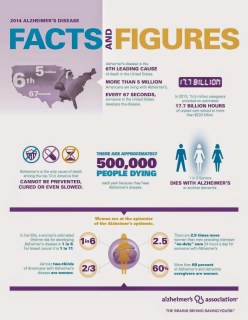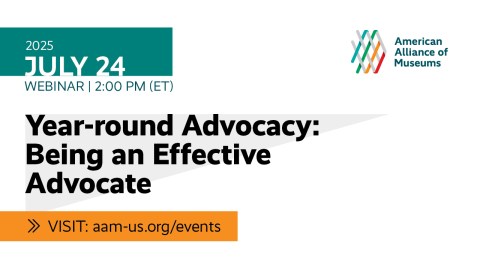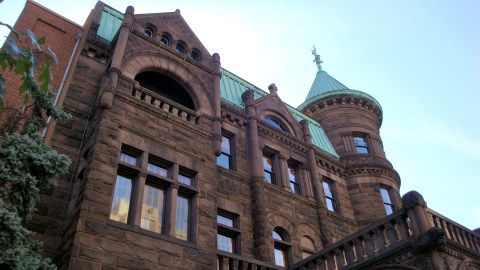
This past Tuesday, Lisa Eriksen blogged about museum programs for people with dementia and how staff address the thorny challenge shifting focus from impact to engagement, and assessing programs that explicitly do not expect to impart new knowledge. To round out the week, here is a reprise of Lisa’s post from last year that reviewed the trends driving a renewed focus on services for people with dementia.
(Originally published on Thursday, May 1, 2014)
Several weeks ago my mother and I did what is probably the most difficult thing we will do in our lives; we placed my father, who has Alzheimer’s disease, in a residential care home. After more than six years of caregiving, my mother’s health is failing and we are both emotionally exhausted. This year I have had to forgo work and teaching opportunities (and sadly attending the AAM meeting) to assist my family. Now we are trying to adjust to the new “normal” and to process the sadness of being unable to care for my father in his home. The next path in our “dementia journey” (as we are now referring to it) will be figuring out how to pay for this long-term care without bankrupting my mother’s future.
 |
| Click to Enlarge |
Here is what we know about the future: The number of Americans surviving into their 80s and beyond will continue to grow dramatically due to advances in medical care. And the boomers are just now reaching the age of elevated risk of dementing illness. The Alzheimer’s Association, in its most recent Facts and Figures report, states that by 2025—in just 11 years—an estimated 7 million people will have the disease. That’s a 40% increase. By 2050, this number could reach almost 14 million, barring any medical breakthroughs. With current funding levels for research the prospect of a breaksthrough does not appear likely. Women are at the center of this crisis, being more likely to have Alzheimer’s and more likely to become caregivers.









I'll add the Brooklyn Museum's Brooklyn Afternoons program to this list.
Brooklyn Afternoons: Art and Conversation for Individuals with Memory Loss. We invite individuals living with dementia and their caregivers to explore the collection together. Each tour is an opportunity to enjoy conversation, works of art, and each other’s company. For more information or to register for these free tours, please contact us at access@brooklynmuseum.org or (718) 501-6229. Private Brookyn Afternoons events for small groups can be arranged on request.
Thanks for sharing your program at the Brooklyn Museum, Rachel. Sounds wonderful and I would love to learn more about your approach and lessons you have learned. I'll contact you directly.
I run a charity called Sweet Readers: http://www.sweetreaders.org. We train middle school students to understand the science and symptoms of AD and how best to connect with elders in need. We then bring the kids and elders together for six-session, interactive programs based in museums, elder care centers and school classrooms. We work with nursing homes, assisted living centers, adult day programs and partner with private, public, charter and special needs schools in New York and Connecticut with plans to expand to the Boston Area soon!
Karen – Sweet Readers looks like a wonderful program (just watched your video)! You can see the deep connections between the middle school students and the elders. Any plans for expanding to the West Coast? I'd love to talk with you about how you created and formed your program. My email is lisaeriksen-at-mac.com.